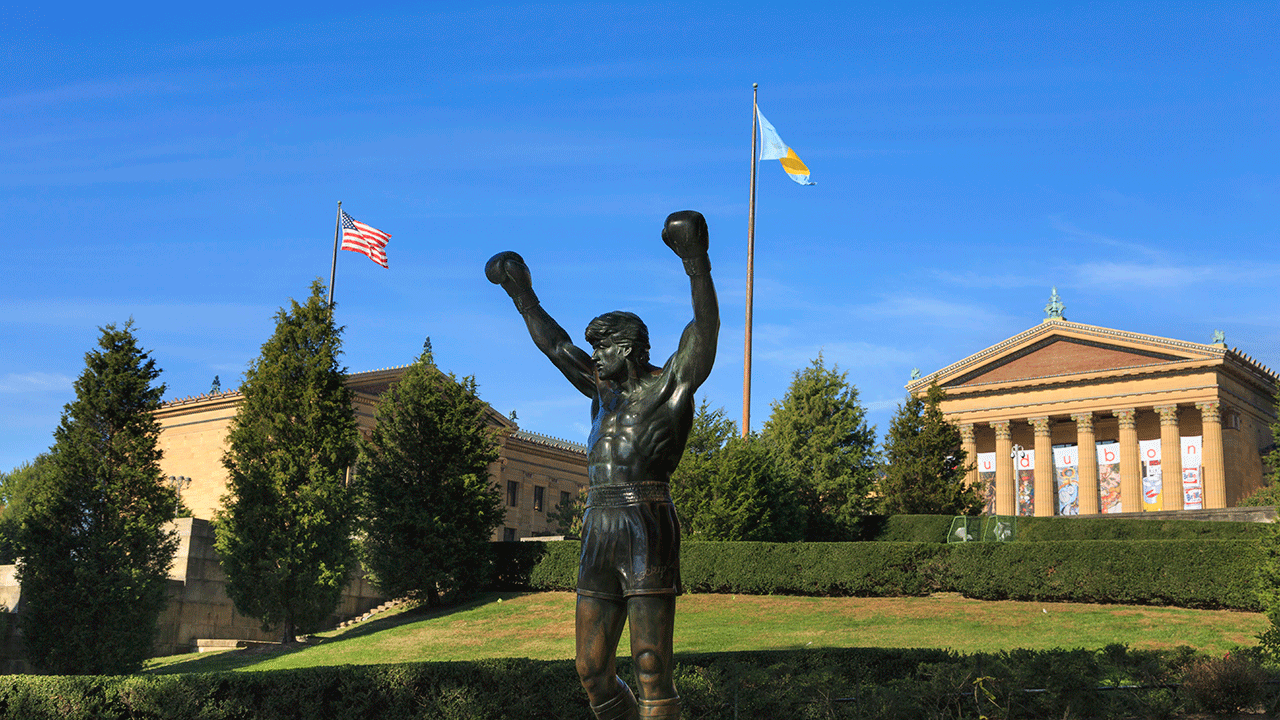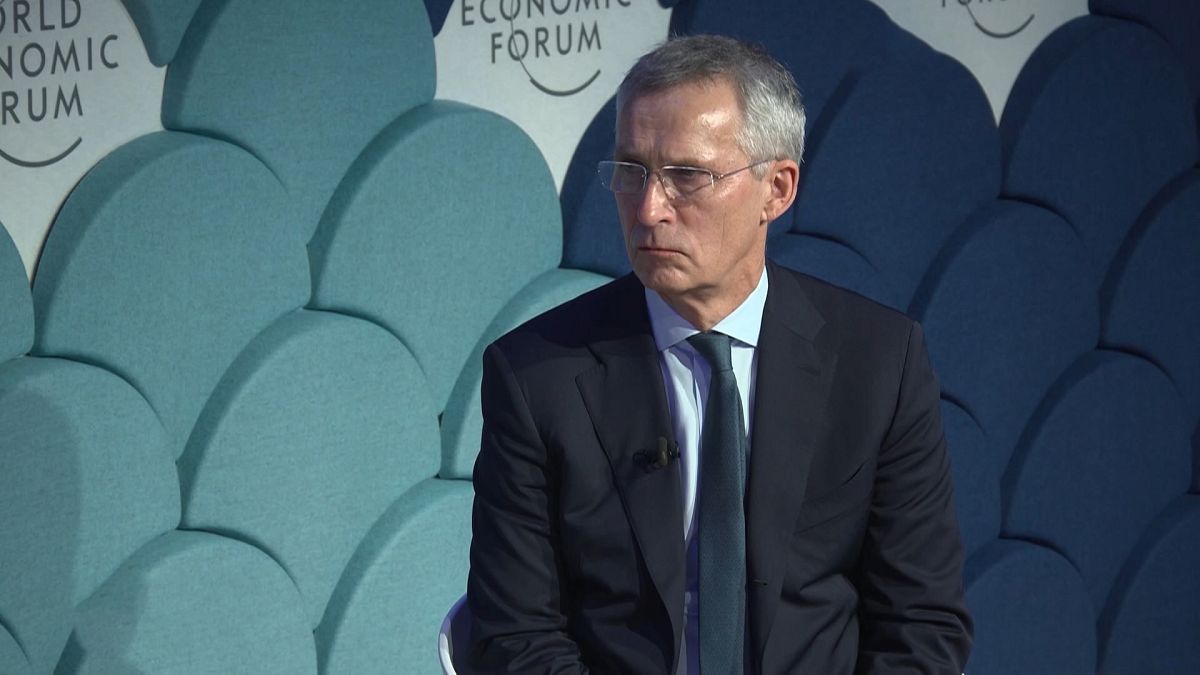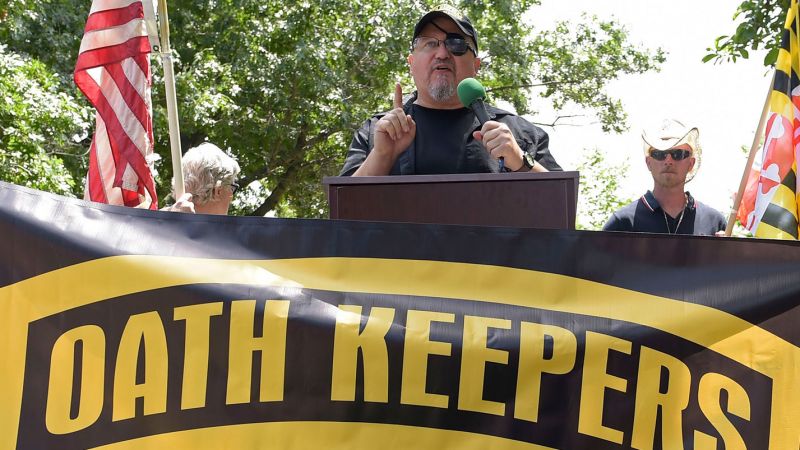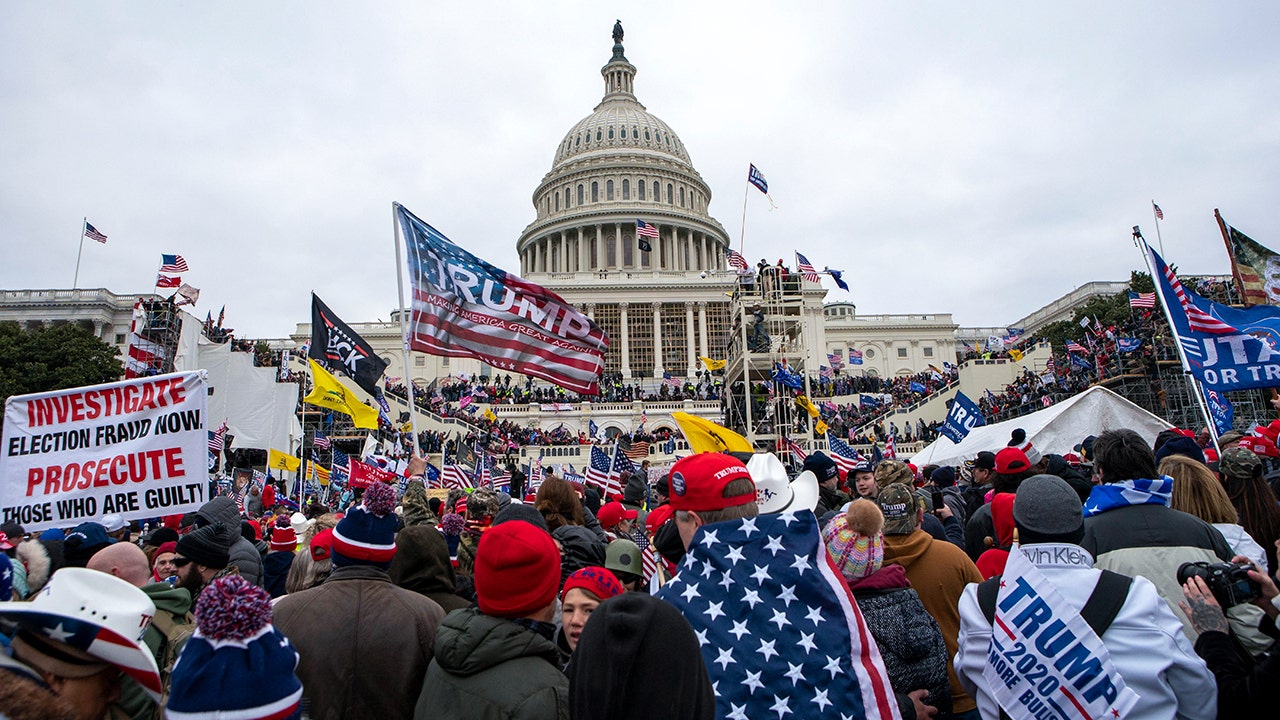Crypto
California commission outlines campaign disclosure requirements for crypto

The California Fair Political Practices Commission (FPPC) has updated its campaign disclosure manuals, with revisions including detailed rules for cryptocurrency contributions declarations.
An agenda released for an upcoming commission meeting includes a discussion of updated campaign disclosure manuals, which have been reworked to reflect recent changes to legislation and commission regulations.
The updates include campaign contribution limits, limited liability companies disclosure requirements, behested payment reporting, cryptocurrency contributions, excessive contributions, advertising disclosure requirements and other non-substantive technical changes.
Related: Consumer Federation of California reattempts to regulate crypto companies
Also included are guidelines for reporting cryptocurrency contributions.
According to the guidelines, a political committee may solicit a crypto contribution as a non-monetary contribution subject to specific requirements. Cryptocurrency contributions are subject to applicable limits and may not be accepted from foreign principals, lobbyists or anonymous sources.
Committees are also barred from receiving cryptocurrency contributions directly in peer-to-peer transactions. Cryptocurrency contributions can be received through payment processors selected to act as a vendor on behalf of the committee.
The commission also requires cryptocurrency donations to be made and received through United States-based payment processors registered with the U.S. Department of Treasury and the Financial Crimes Enforcement Network, which use Know Your Customer (KYC) protocols to verify the identities of contributors.
Committees that opt to solicit contributions in cryptocurrencies are expected to confirm that respective cryptocurrency payment processors use KYC procedures to verify contributors’ identities.
The payment processors also need to collect the name, address, occupation and employer of respective contributors and share this with committees within 24 hours of a contribution being made.
Payment processors are also expected to immediately convert cryptocurrency contributions to U.S. dollars upon receipt at current exchange rates and deposit funds into the committee’s campaign bank account within two business days of receipt.
Cryptocurrency contributions are labeled as non-monetary contributions under the commission guidelines. Any processing fee paid to the processor is not deducted from the reported amount, and the entire contribution must be reported by committees as a “miscellaneous increase to cash.”
Magazine: DeFi faces stress test, DoJ fears run on Binance, Hong Kong’s crypto trading: Hodler’s Digest, July 30 – Aug. 5
© 2024 Fortune Media IP Limited. All Rights Reserved. Use of this site constitutes acceptance of our Terms of Use and Privacy Policy | CA Notice at Collection and Privacy Notice | Do Not Sell/Share My Personal Information U.S. President Donald Trump on Thursday ordered the creation of a cryptocurrency working group tasked with proposing new digital asset regulations and exploring the creation of a national cryptocurrency stockpile, making good on his promise to quickly overhaul U.S. crypto policy.
The much-anticipated action also ordered that banking services for crypto companies be protected, alluding to industry claims that U.S. regulators have directed lenders to cut crypto companies off from banking services – something regulators deny. The order also banned the creation of central bank digital currencies in the U.S. which could compete with existing cryptocurrencies.
On the campaign trail, Trump courted crypto cash by pledging to be a “crypto president” and promote the adoption of digital assets. That is in stark contrast to former President Joe Biden’s regulators which, in a bid to protect Americans from fraud and money laundering, cracked down on the industry, suing exchanges Coinbase, Binance and dozens more, alleging they were flouting U.S. laws. The companies deny the allegations.
Thursday’s order was cheered by the crypto industry, which had been pushing for the new administration to send a strong signal of support in Trump’s first few days in office.
“Today’s crypto executive order marks a sea change in U.S. digital asset policy,” said Nathan McCauley, CEO and co-founder of crypto company Anchorage Digital. “By taking a whole-of-government approach to crypto, the Administration is making a significant first step toward writing clear, consistent rules of the road.”
If implemented by the relevant regulators, Trump’s order has the potential to push cryptocurrencies into the mainstream, regulatory and crypto experts said. It follows Tuesday’s U.S. Securities and Exchange Commission announcement that it was creating a taskforce to overhaul crypto policy.
Bitcoin hit a fresh record high of $109,071 on Monday amid investor excitement over the new crypto-friendly administration, although it was down to about $103,000 as of late Thursday afternoon.
“Just days into his administration, President Trump is delivering on his promises… to keep the United States a leader in digital assets innovation,” Senator Tim Scott, the Republican chair of the Senate Banking Committee, said in a statement.
The industry has for years argued existing U.S. regulations are inappropriate for cryptocurrencies and have called for Congress and regulators to write new ones clarifying when a crypto token is a security, commodity or falls into another category. The working group, which will include the Treasury secretary, chairs of the SEC and Commodity Futures Trading Commission, along with other agency heads, is tasked with developing a regulatory framework for digital assets, according to the order. That includes stablecoins, a type of cryptocurrency typically pegged to the U.S. dollar.
The group is also set to “evaluate the potential creation and maintenance of a national digital asset stockpile… potentially derived from cryptocurrencies lawfully seized by the Federal Government through its law enforcement efforts.”
The order did not provide further details on how such a stockpile would be set up and analysts and legal experts are divided on whether an act of Congress will be necessary. Some have argued the reserve could be created via the U.S. Treasury’s Exchange Stabilization Fund, which can be used to purchase or sell foreign currencies, and to also hold bitcoin.
In December, Trump named venture capitalist and former PayPal executive David Sacks as the crypto and artificial intelligence czar. He will chair the group, the order said.
Catch all the Business News , Breaking News Events and Latest News Updates on Live Mint. Download The Mint News App to get Daily Market Updates. MoreLess Super Bowl LIX will stream for free on Tubi Nintendo omits original Donkey Kong Country Returns team from the remaster’s credits American men can’t win Olympic cross-country skiing medals — or can they? Book Review: ‘Somewhere Toward Freedom,’ by Bennett Parten U.S. Reveals Once-Secret Support for Ukraine’s Drone Industry What Happened to Enrollment at Top Colleges After Affirmative Action Ended Johnson Installs Crawford on Intelligence Panel, Pulling It Closer to Trump Chrystia Freeland, Justin Trudeau’s ‘Minister of Everything,’ Enters Race to Replace Him
Crypto
Crypto markets lose steam after Trump's first policy move

Crypto
4 tips for safely investing in crypto

FORTUNE is a trademark of Fortune Media IP Limited, registered in the U.S. and other countries. FORTUNE may receive compensation for some links to products and services on this website. Offers may be subject to change without notice.Crypto
Donald Trump forms cryptocurrency working group to reform US digit asset regulations, including banking services | Today News

/cdn.vox-cdn.com/uploads/chorus_asset/file/25832751/2192581677.jpg)
/cdn.vox-cdn.com/uploads/chorus_asset/file/25832751/2192581677.jpg)
/cdn.vox-cdn.com/uploads/chorus_asset/file/25835602/Switch_DonkeyKongCountryReturnsHD_scrn_19.png)
/cdn.vox-cdn.com/uploads/chorus_asset/file/25835602/Switch_DonkeyKongCountryReturnsHD_scrn_19.png)


























